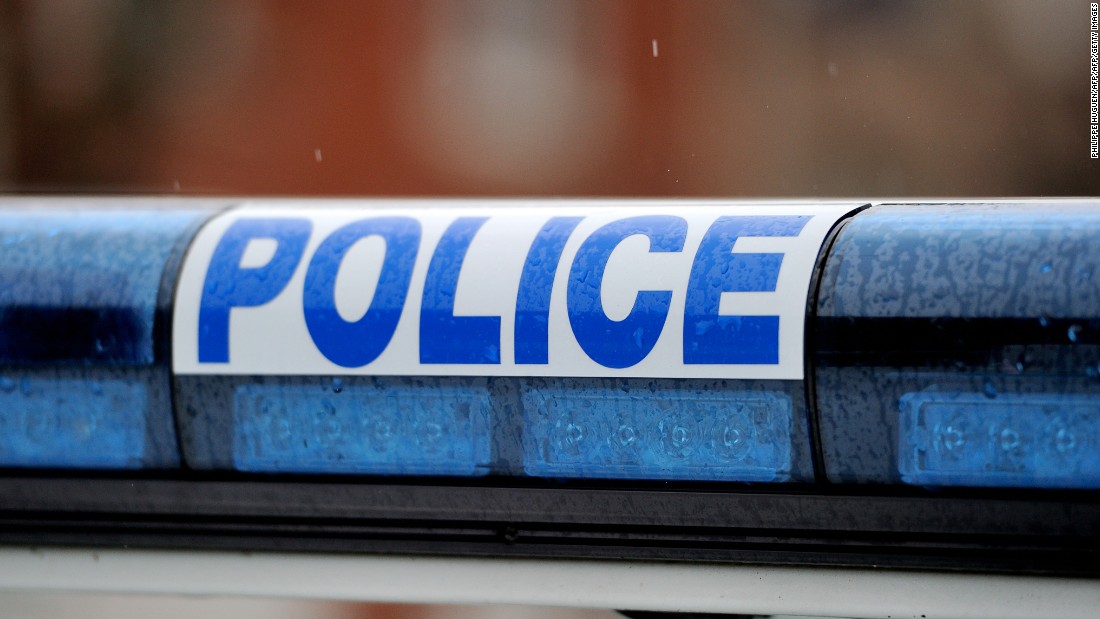The studies you presented showed that it's only the police that can conclude whether or not a report is false. That proves my point.So if you show reports that were concluded false by police, and then I show reports where the police charged the victim with filing a false report and then they find evidence they were actually raped afterwards, what exactly does that accomplish?
Pictures in Accused Rapist's Camera Provide Chilling Evidence Against Him
Alleged rapist's photos clear woman who was charged with falsely reporting rape.

Pictures in Accused Rapist's Camera Provide Chilling Evidence Against Him
A Washington State woman who police charged with filing a false rape report has been vindicated by chilling photos of her ordeal found on an accused serial rapist's camera, law-enforcement officials say.abcnews.go.com
Sara Reedy, the rape victim accused of lying and jailed by US police, wins $1.5m payout

Sara Reedy, the rape victim accused of lying and jailed by US police, wins $1.5m payout
Pittsburgh woman raped at gunpoint and charged with fabricating her story has won a settlement after a marathon legal battle, changing federal law along the way, reports Joanna Walterswww.theguardian.com
You mean these police? You do not think we should do better?
Police officers in the US were charged with more than 400 rapes over a 9-year period

Police officers in the US were charged with more than 400 rapes over a 9-year period
According to a university survey, police officers in the US were charged with forcible rape 405 times between 2005 and 2013. But many sexual assaults went unreported, experts say.www.cnn.com
Where I live in Texas, when I was 15 and working at the local pizzaria, the owner had to get a restraining order against the local sheriff for grabbing underage girls and pulling them onto his lap and groping our breasts. The sheriff was not even allowed on the property due to his repeated sexual assaults. Then, later, the same sheriff had his department investigated by the feds for raping female prisoners and violently abusing others. Instead of removing him from office, they just let a rookie take the fall for lesser crimes and he remained in office. THAT sadly is only a few things that our local law enforcement here has done, I had provided a long list of these things years back on the escapist, we have had our DA locking people up illegally and taking their land, Judge murder the DA and his wife, the point is something has to change in the system for this to be safe for people to do. The reality is so screwed up you can't make this shat up. They just keep replacing one crook with another, then another and it never ends. How screwed up the the "law enforcement" is here is too much to even list tbh:

Ex-Rockwall district attorney Ray Sumrow paroled 20 months into 15-year sentence
See a man off to prison with a 15-year sentence, you expect him to stay gone awhile. Which is why some in Rockwall are surprised to hear that Ray Sumrow is...www.dallasnews.com
Ex-judge sentenced to death in Texas revenge plot
Two prosecutors and the wife of one were killed in 2013.www.usatoday.comPressReader.com - Digital Newspaper & Magazine Subscriptions
Digital newsstand featuring 7000+ of the world’s most popular newspapers & magazines. Enjoy unlimited reading on up to 5 devices with 7-day free trial.www.pressreader.com
Notice how the DA who went to prison later was responsible for removing the previous criminal sheriff and installing the new criminal sheriff here and then covers for him later? That is how this has worked here longer than I have been alive and will likely still work when I leave this earth. It isn't like we haven't been trying to change these things, it is that we have been kept powerless to do so. In regions where "Good ol boys" still call the shots we have no options here. What are people supposed to do in the meantime, remain helpless? Go vigilante? Sadly, currently we are still being forced to work outside the system to be able to keep people safe because the people controlling system are just as dangerous as the person you are trying to be "saved" from. In this same town where the sheriff liked to grope underage girls, I was raped as a child. My best friend was raped. I saw a girl being gang raped in the parkinglot of my school by members of the football team after a football game and people just walking by ignoring it like it is normal and not doing anything about it. My sister was raped, although not in this town, my cousin was also raped, even my grandmother was raped. This is what it is really like to grow up in many regions of the US. Girls are just supposed to expect this to happen because nothing is ever going to be done to change it and people just throw their hands up and say " it will have to do". ? I am not willing to accept that.
What you shared above are examples of hasty generalization and should be dismissed, unless you have studies show that the majority of personnel in the judicial and law enforcement system are corrupt.
